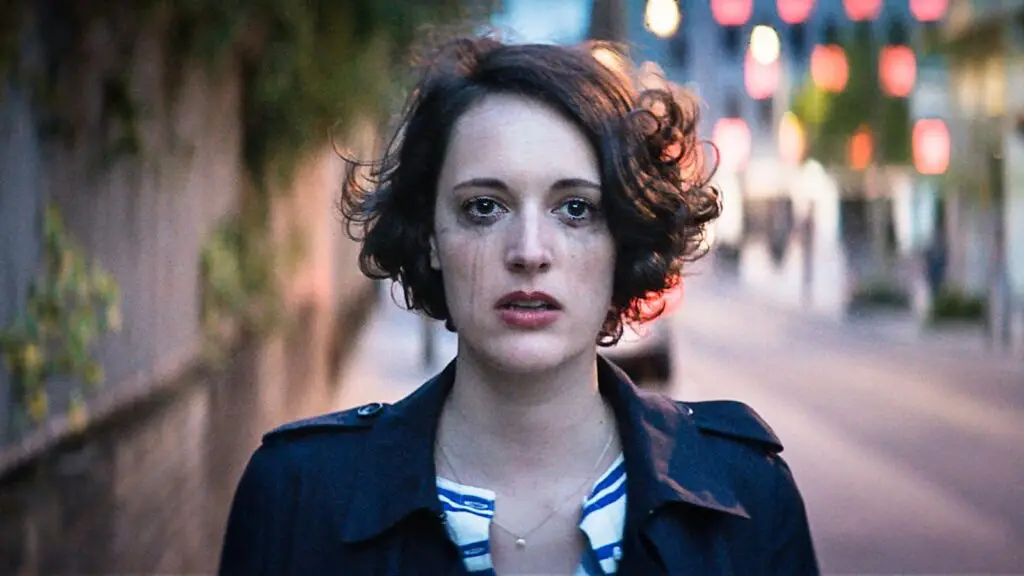Dr Laura Minor, a lecturer in television studies at the University of Salford, has published a groundbreaking book that delves into the rise of female comedy authors in UK television over the last decade.
In her new book, titled Reclaiming Female Authorship in Contemporary UK Television Comedy, Dr Minor charts the significant contributions of female comedy writers and performers such as Julia Davis, Phoebe Waller-Bridge, Caitlin Moran, Michaela Coel, and Sharon Horgan. These talented individuals have been at the forefront of some of the most celebrated UK comedies of the last decade, including Fleabag, Motherland, and I May Destroy You, among others.
Dr Minor explores how these female authors have flourished within the modern televisual landscape. She meticulously identifies emerging genre trends that these authors integrate into their works and expands on Kathleen Rowe’s theory of the ‘unruly woman’ in contemporary comedy. The book is an extension of Dr Minor’s doctoral research at the University of Leeds, where she investigated the rapid growth of female authorship in UK television comedy.
The author argues that this pivotal moment for women in UK television comedy coincided with the fourth-wave feminism movement of the 2010s and the advent of digital television and streaming services. This confluence allowed for a more inclusive and democratic platform where female comedians could build their own audiences and bypass traditional industry gatekeepers. Dr Minor stated, “During the fourth wave of feminism, we moved into an area where it became really interested in technology, particularly the use of the internet and social media. Humour then became a really defining factor, and feminists used humour through these mediums to challenge the status quo as a call for justice.”
According to Dr Minor, the rise of social media also facilitated more democratic forms of celebrity. Female comedians could now gain recognition and success independently, thus transforming viewing habits and audience engagement. “Previously, female comedian writers and performers would have had to rely on being discovered by agents, producers or managers, but now they can build their own audience, create their own content and bypass those traditional gatekeepers,” she explained.
The book also revisits Kathleen Rowe’s concept of the ‘unruly woman’, which has historically characterised women in comedy as dominating men, speaking excessively, and making self-deprecating jokes. Dr Minor contends that this concept is somewhat restrictive when applied to contemporary female comedians and calls for a more nuanced approach. She emphasises the need to consider both the creation of on-screen characters and their off-screen perceptions.
While acknowledging the progress made over the past decade, Dr Minor also highlights current challenges. She notes a recent decline in diversity within the television industry, with many women and individuals from ethnic minority backgrounds planning to leave. She observed, “There has been a notable drop in the number of people working in television, and women and those from ethnic minority backgrounds are planning to leave the industry, which creates additional barriers for female TV comedians who are trying to get their projects off the ground. Getting funding and support has become even more challenging, so we’re kind of taking a little step backwards in diversity, and the progress we’ve made in recent years is really at risk.”
Through her comprehensive analysis, Dr Minor’s book provides an essential insight into the evolution of female authorship in UK television comedy, offering both a celebration of past achievements and a critical reflection on ongoing challenges.

